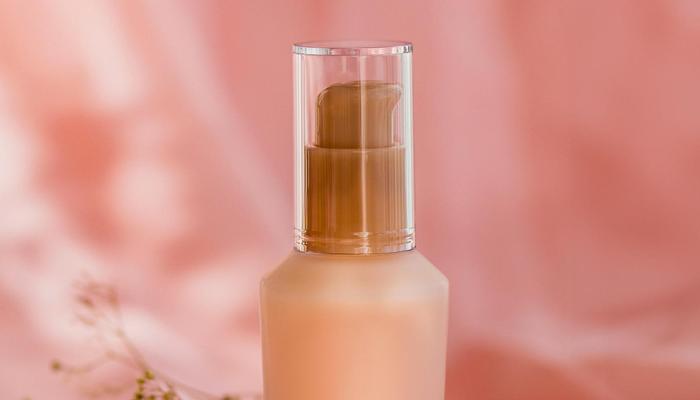Unveiling 7 Beauty Myths: What You Really Need to Know. Dive in to discover the truth behind common beauty misconceptions!
Namaste, folks! In the world of beauty, it seems like everyone has an opinion.
From your didi to your favourite influencer, advice is everywhere. But how much of it is actually true? Let's face it, some beauty tips have been passed down for generations without any real scientific basis.
Today, we're throwing open the curtains and revealing the truth behind seven common beauty myths. Get ready to revamp your routine with solid, evidence-based practices!
Using moisturizer is crucial for oily skin, prevents breakouts
This is a classic one! Many people with oily skin believe that applying moisturizer will only make their skin oilier and lead to breakouts. This is absolutely not true. In fact, skipping moisturizer can actually worsen the problem.
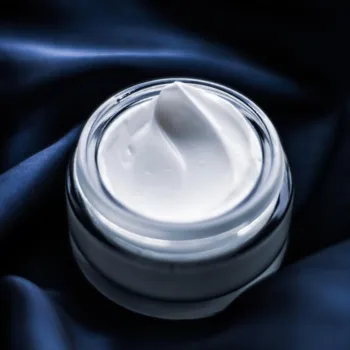
When your skin is dehydrated, it produces more oil to compensate for the lack of moisture. This can lead to clogged pores and more breakouts. The trick is to choose the right kind of moisturizer. Look for lightweight, oil-free, and non-comedogenic formulas.
Gel-based moisturizers are often a good option for oily skin. They provide hydration without adding extra oil. Hyaluronic acid is another excellent ingredient, as it attracts and retains moisture without clogging pores.
Using a good moisturizer will balance your skin's oil production, leaving you with a healthy, shine-free complexion. Remember, hydration is essential for all skin types, even oily ones! So, ditch the myth and embrace the moisturizer for balanced, happy skin.
Affordable skincare with proven ingredients trumps pricey brands
This is a myth that beauty companies love to perpetuate! The truth is, you don't need to spend a fortune to achieve healthy, glowing skin. While some high-end products may contain beneficial ingredients, the price tag doesn't always guarantee better results.
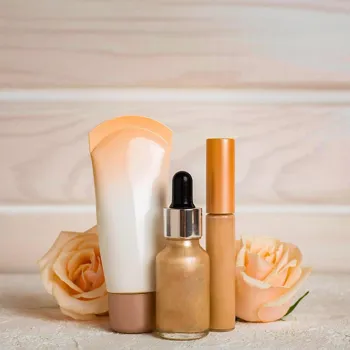
Many affordable drugstore brands offer products with similar ingredients and effectiveness. The key is to focus on the ingredients, not the brand name or the price. Look for products with proven ingredients like vitamin C, retinol, and niacinamide, regardless of the price point.
Also, remember that consistency is more important than the cost of the product. A simple, consistent skincare routine with affordable products is often more effective than an expensive routine that you only follow sporadically.
Don't fall into the trap of believing that you need to break the bank for good skin. Invest in understanding your skin type and choosing products with effective ingredients, regardless of the price.
Toothpaste worsens acne, use acne-specific treatments for clear skin
Oh, the old toothpaste trick! This is a common home remedy for pimples, but it's actually more likely to irritate your skin than to cure your acne.
Toothpaste contains ingredients like baking soda, which can dry out the pimple, but it also contains harsh chemicals that can cause redness, inflammation, and even burns.
The pH level of toothpaste is also too alkaline for the skin, which can disrupt the skin's natural barrier and lead to further irritation. Instead of using toothpaste, opt for a spot treatment specifically designed for acne.
Look for products that contain benzoyl peroxide or salicylic acid, which are proven to be effective in killing acne-causing bacteria and unclogging pores. These ingredients are formulated to be gentle on the skin while still targeting the acne.
So, skip the toothpaste and choose a proper acne treatment for clear, healthy skin. Your skin will thank you!
Plucking grey hair won't cause more; embrace or dye instead
This is a common misconception that has been passed down through generations. The truth is, plucking a grey hair won't cause more grey hairs to grow in its place. Each hair follicle is independent, meaning that plucking one hair won't affect the surrounding follicles.
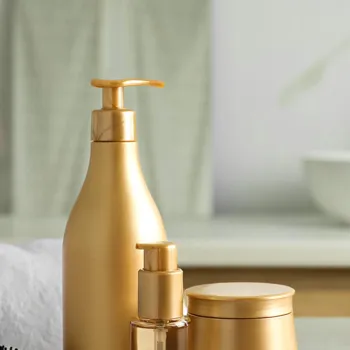
Grey hair is caused by a decrease in melanin production in the hair follicle as we age. Plucking the hair doesn't change the melanin production in other follicles. While plucking won't cause more grey hairs, it's still not the best idea.
It can damage the hair follicle and lead to ingrown hairs or even permanent hair loss in that area. So, if you're bothered by grey hairs, consider dyeing them or embracing your natural silver strands.
Don't fall for the myth that plucking will solve the problem – it won't, and it could potentially damage your hair follicles.
Sunscreen essential daily for protection against UV rays
This is a dangerous myth that can lead to serious skin damage. The truth is, sunscreen is essential every day, even on cloudy days. Harmful UV rays can penetrate clouds and cause sunburn, premature aging, and increase the risk of skin cancer.
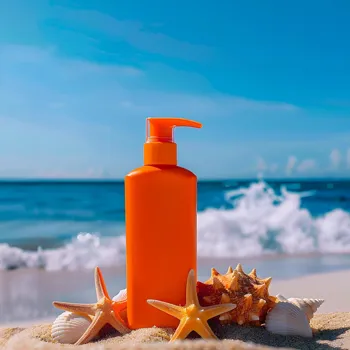
It's not the sun's heat that causes damage, but the UV radiation. Make sunscreen a part of your daily routine, just like brushing your teeth. Choose a broad-spectrum sunscreen with an SPF of 30 or higher, and apply it liberally to all exposed skin.
Reapply every two hours, especially if you're sweating or swimming. Don't underestimate the power of sunscreen – it's the most important thing you can do to protect your skin from damage. So, make it a habit to wear sunscreen every day, rain or shine, for healthy, youthful-looking skin.
Daily shampooing depends on hair type; experiment to find balance
This is a tricky one. There’s no hard and fast rule that says using the same shampoo every day is inherently bad. What matters more is the shampoo itself and your hair type. If you have a gentle, sulfate-free shampoo that suits your hair, using it daily might be perfectly fine.
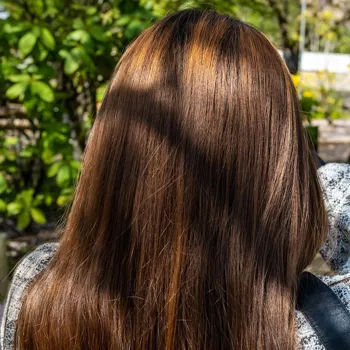
However, for many, daily shampooing can strip the hair of its natural oils, leading to dryness and damage. It really depends on your hair’s needs. Experiment with washing your hair every other day, or even less frequently, to see what works best.
Pay attention to how your hair feels – if it's dry and brittle, you might be over-washing it. If it’s oily and limp, you might need to shampoo more often. Some people also like to alternate between different shampoos to address specific needs.
Natural vs. synthetic in skincare: effectiveness and safety matter more than origin
While “natural” is a buzzword in the beauty industry, it doesn't automatically mean superior. Many synthetic ingredients are rigorously tested and proven to be effective and safe. Conversely, some natural ingredients can be irritating or even allergenic to certain individuals.
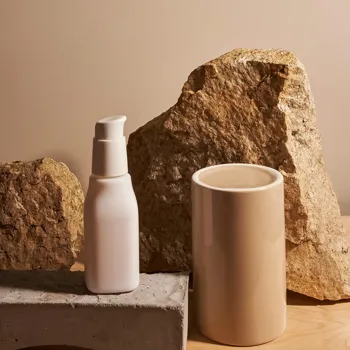
Just because something comes from nature doesn't guarantee it's gentle. The important thing is to research the ingredients, whether natural or synthetic, and understand how they affect your skin. Patch testing is always recommended, especially if you have sensitive skin.
Don't fall into the trap of thinking that natural always equals better. Focus on the ingredients themselves and how they work for your skin, regardless of their origin.
AI Generated Content. Glance/InMobi shall have no liability for the content